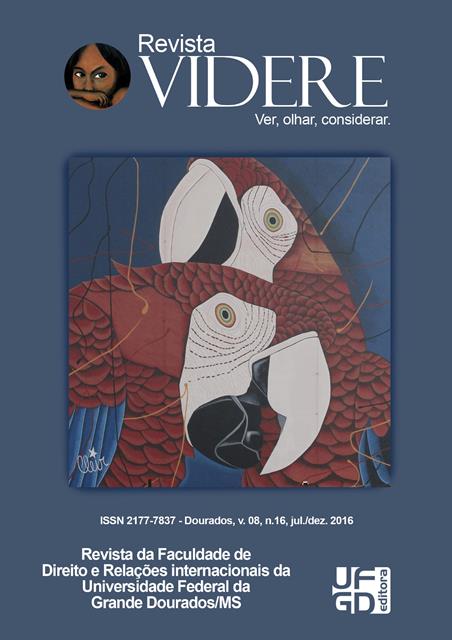From society of the risk to deflagration of climate refugees: the exclusion of legal treatment as an issue of environmental racism
Keywords:
Risk Society. Environmental Racism. Environmental Refugees. Environmental Ethics.Abstract
This paper intends to study the phenomenon of environmental migrants by presenting a global view on the topic, understanding it as a result of the connection of two events: the development of the (risk) society and the practice of environmental racism. In order to do so, the Theory of Social Risk will be explained, and from such theoretical basis, the evolution of societal damage and the occurrence of environmental hazards will be analyzed – leading directly to the emergence of environmental racism and its conceptualizations and evaluation. Similarly, the worldwide phenomenon of environmental migrants will be asserted, essentially in the need for an eff ective legal recognition that favors the acceptance of ‘climate refugees’ based in an ethical conduct of mankind towards the ecosystem; intending to present and face such issues obdurately experienced in the contemporary world.Downloads
Downloads
Published
How to Cite
Issue
Section
License
Authors must accept the publication rules when submitting the journal, as well as agree to the following terms:
(a) The Editorial Board reserves the right to make changes to the Portuguese language in the originals to maintain the cultured standard of the language, while respecting the style of the authors.
(b) Authors retain the copyright and grant the journal the right to first publication, with the work simultaneously licensed under the Attribution-NonCommercial-ShareAlike 3.0 Brazil (CC BY-NC-SA 3.0 BR) that allows: Share - copy and redistribute the material in any medium or format and Adapt - remix, transform, and create from the material. CC BY-NC-SA 3.0 BR considers the following terms:
- Attribution - You must give the appropriate credit, provide a link to the license and indicate whether changes have been made. You must do so under any reasonable circumstances, but in no way that would suggest that the licensor supports you or your use.
- NonCommercial - You may not use the material for commercial purposes.
- Sharing - If you remix, transform, or create from material, you must distribute your contributions under the same license as the original.
- No additional restrictions - You may not apply legal terms or technological measures that legally restrict others from doing anything that the license permits.
(c) After publication, authors are allowed and encouraged to publish and distribute their work online - in institutional repositories, personal page, social network or other scientific dissemination sites, as long as the publication is not for commercial purposes.



















